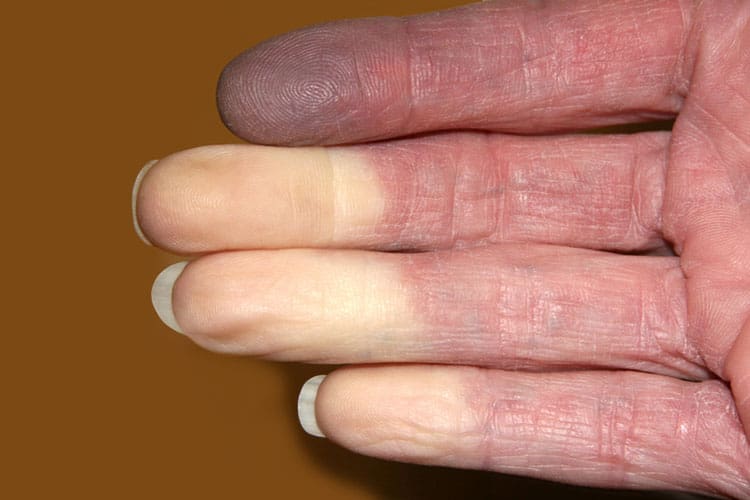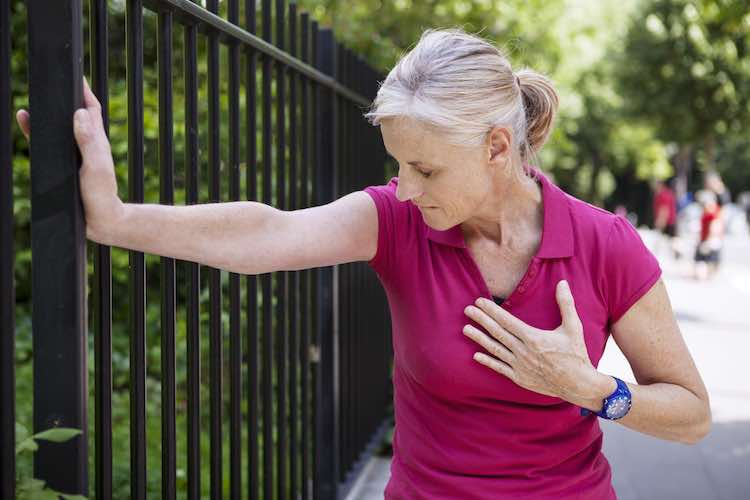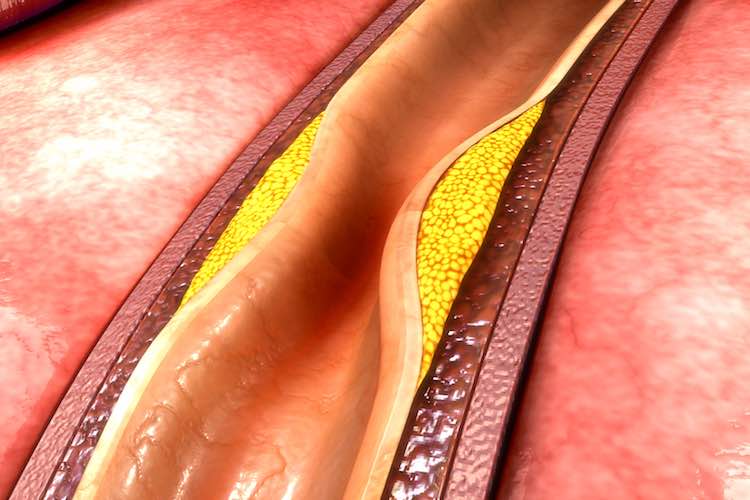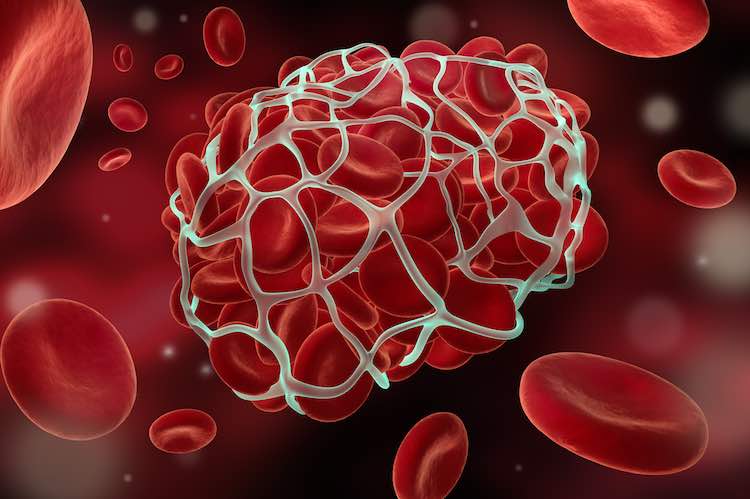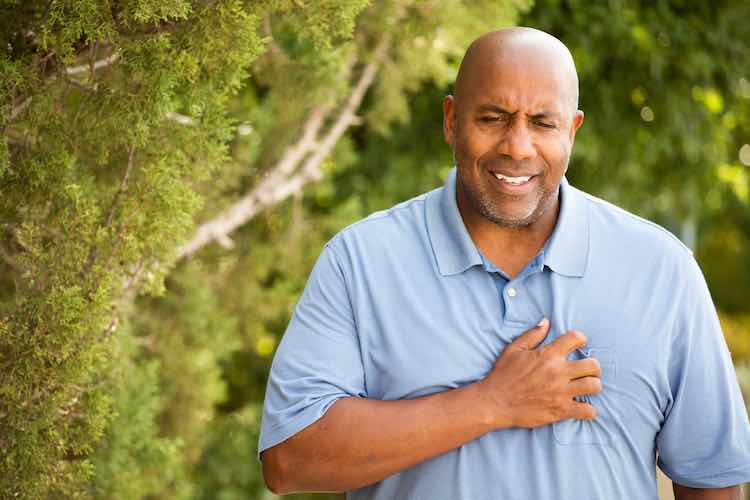Syncope (fainting or passing out) is a sudden, temporary loss of consciousness. Find out more about the causes, diagnosis and treatment.
cholesterol
Raynaud’s disease
Raynaud’s disease causes spasm of the arteries leading to fingers and toes, causing them to feel numb and turn white, blue and red then tingle and feel painful.
Angina
Angina can affect people in different ways and the symptoms may vary at different times. It usually lasts only a few minutes and can be relieved by rest and/or medicines.
Anticoagulants
For some people, the blood's natural clotting process needs to be slowed down. Medicines known as anticoagulants are often the answer.
Coronary artery bypass surgery
The aim of coronary artery bypass surgery is to bypass blocked coronary arteries and improve blood flow to the heart muscle. This can relieve angina and help prevent heart attacks.
Video: Exercise trumps genetic risk of heart disease
Keeping fit can reduce your risk of heart disease, even when your genetic risk profile is high.
Heartbeat
The heartbeat is usually a regular rhythm, but when disturbed it becomes irregular and is felt as palpitations. Find out about extra beats and arrhythmias and when to visit the doctor.
Video: Blood clots – reducing the risk
Every year 30,000 Australians develop blood clots in their legs or lungs and 5000 of them will die. Many blood clots happen during or after a hospital stay and new hospital standards are aimed at reducing this risk.
Pulmonary embolism
Pulmonary embolism (PE) happens when a blood clot blocks one of the arteries in the lungs. Find out about the causes, diagnosis, treatment and prevention of PE.
Heart attack
A heart attack (myocardial infarction) means the blood supply to part of the heart muscle has become blocked. Early treatment can reduce muscle damage.


